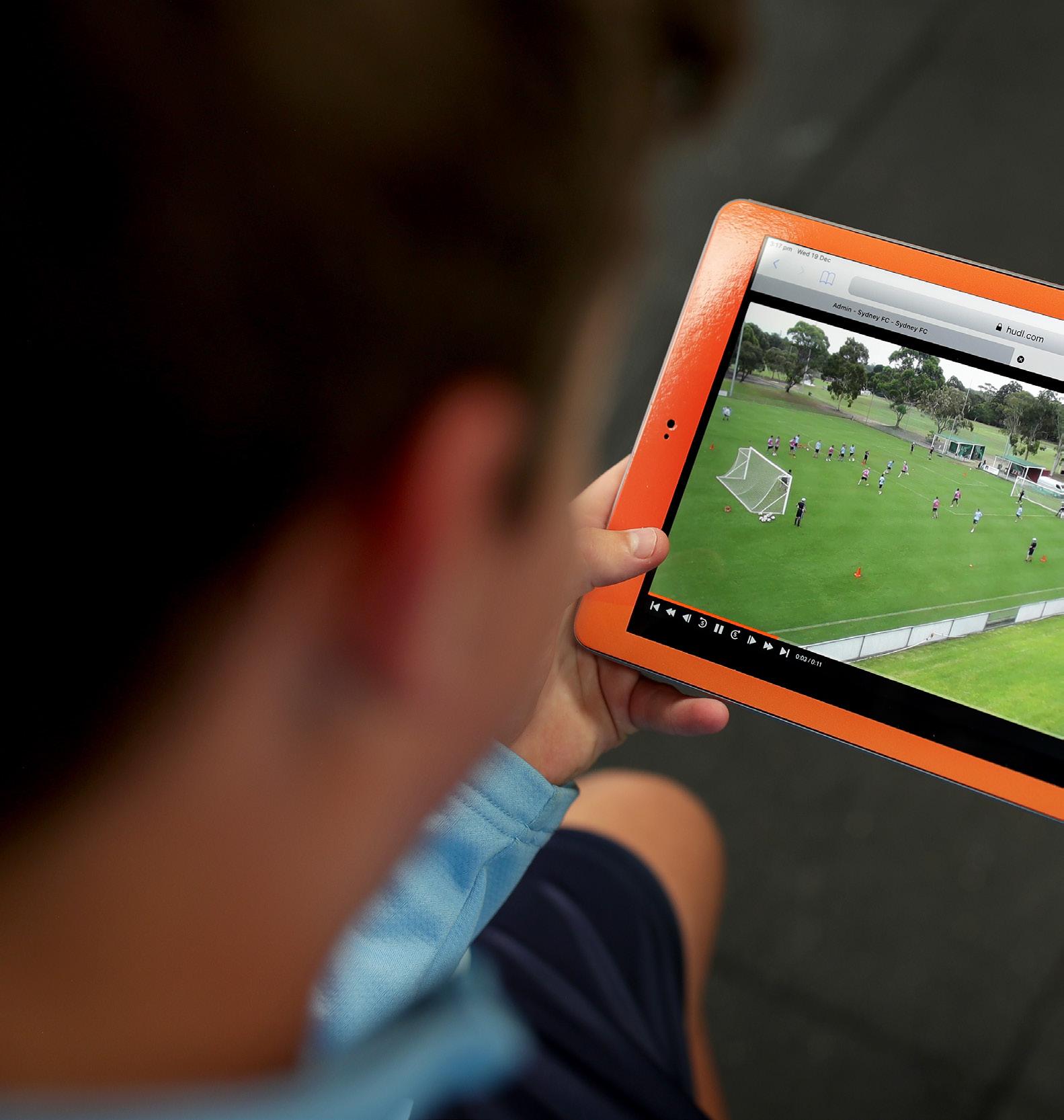
5 minute read
The Pathway to the Top with Sydney FC's Academy
To product talent that could achieve a joint-record
three A-League championships over its history,
Sydney FC relied on video.
Sydney FC’s academy is renowned across the league as one of only three “Two Star” football academies in Australia, a title that represents best practices in quality Australian youth development. The academy’s development pillars are feedback, individual responsibility and a growth mindset— all underpinned by Sydney’s emphasis on video analysis in youth development.
Justin McMahon, head of football analysis, outlines the positive effect of video analysis on today’s emerging talent, including recent academy graduates Rhyan Grant and Matthew Jurman.
“As video becomes more and more readily available to all ages and levels, we’re seeing athletes develop who have a real pronounced interest in seeing video of themselves, seeing their level of performance, and getting advice as well,” said McMahon.
“Being in a world now where it’s very easy to provide instantaneous feedback, this allows players to know where their performance is at, and where they can improve, in ways they never could have previously.” In the past, analysts would struggle to provide feedback and data to the academy due to their first team workload. Today’s improved technology means analysis is accessible for every level of Sydney FC.
“As a full-time football staff, most of our focus is on the first team. But we have seen over the past couple of years that the technology has gotten better on Hudl platforms and the workflows are really efficient in terms of being able to produce content for the players within our system that we don’t necessarily have day-to-day access to,” said McMahon.
A recent beneficiary of the Sydney academy is 20-year-old Cameron Devlin. The midfielder made his senior debut in 2018 and credits video analysis as crucial to his graduation to the first team.
“We use video analysis at this club every single day,” said Devlin. “As a team, the coaching and analysis staff use Hudl to cut clips of opposition and cut clips of ourselves, just to improve little parts of our game that end up being the cutting point between winning a game and losing a game.
“A big part of your game is what you do on the pitch, but as soon as you get off the pitch, looking to improve is a big thing.”
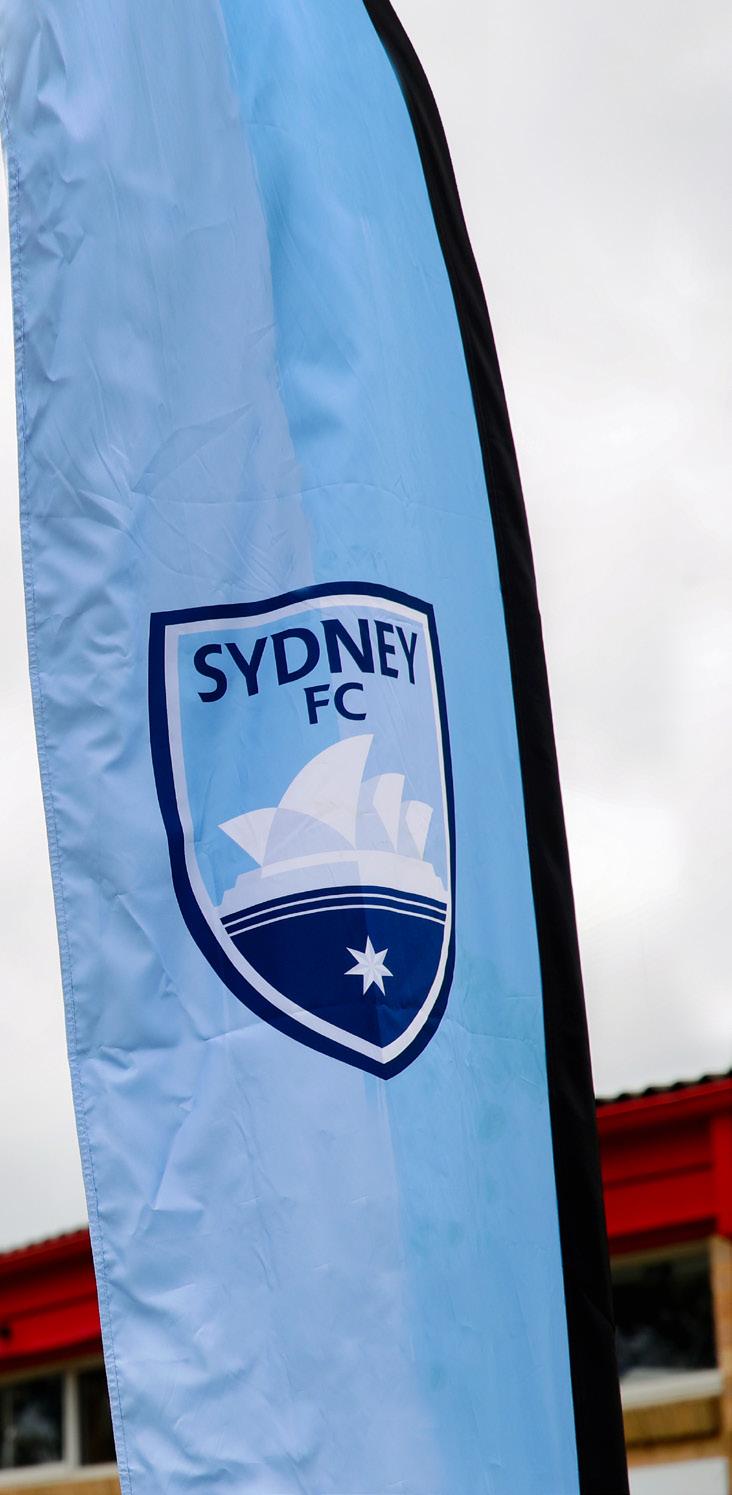
Manager Steve Corica has seen how video analysis has changed the game in recent years. As a foundation player from Sydney FC’s inaugural season in 2005, Corica made more than 100 appearances for Sydney, and is well placed to make the comparison between then and now.
“Video analysis has impacted the game in a big way, especially from when I was a player, when we used to just watch full length games and you couldn’t get down to the nitty-gritty of the tactical side of things,” said Corica. “These days you have every action on Hudl.”
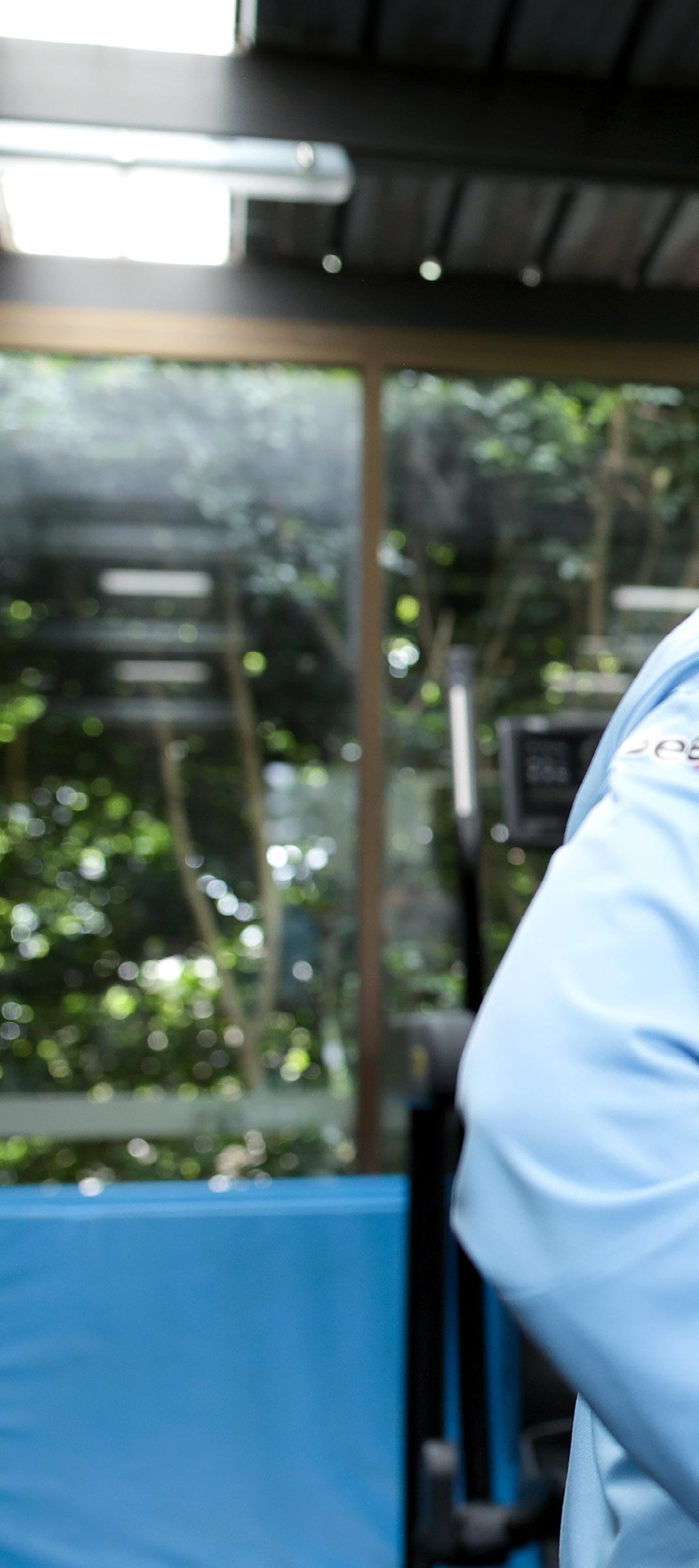
As a multiple Grand Final winner with Sydney FC, Corica can guide any club that wants to develop young players and be successful at the same time.
“Advice I would give to players, coaches and directors would be that video is a vital part of the game going forward, especially at a young age, where players can learn an awful lot from seeing their individual actions with the ball or without the ball,” said Corica. “Clubs these days are trying to improve each season by bringing in better players. We want to develop our better players from the academy.”
Manager Steve Corica relies on personalized playlists to develop talent throughout the Sydney FC academy.
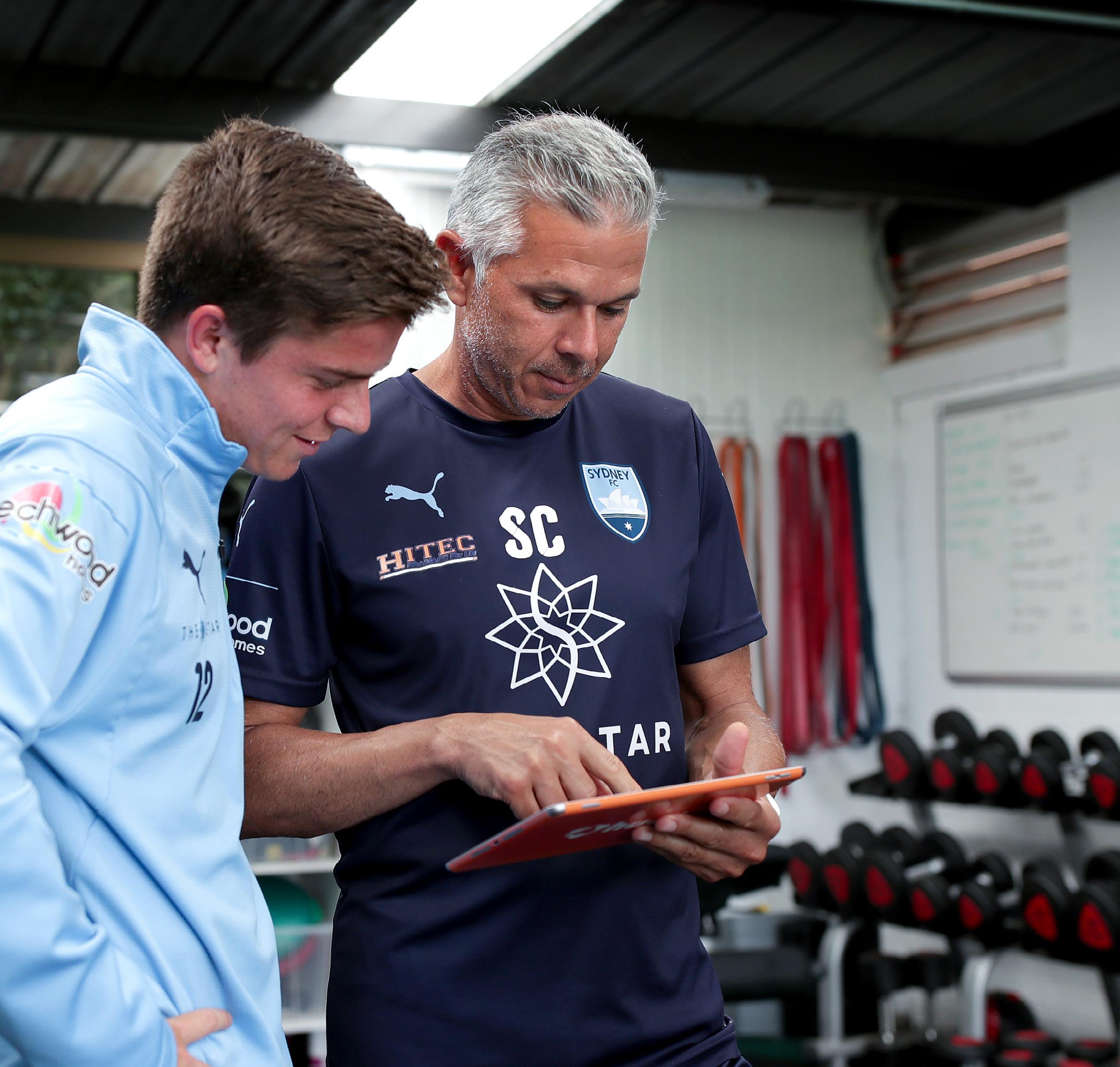
As general manager of football operations, Terry McFlynn is responsible for the inner workings of the club. He believes video is involved on that side of things too.
The A-League operates with a salary cap with concessions for homegrown players, meaning it’s extremely valuable to produce academy graduates who are first team ready.
“It’s really important for us to create our own pathway and our own future at Sydney FC,” said McFlynn.
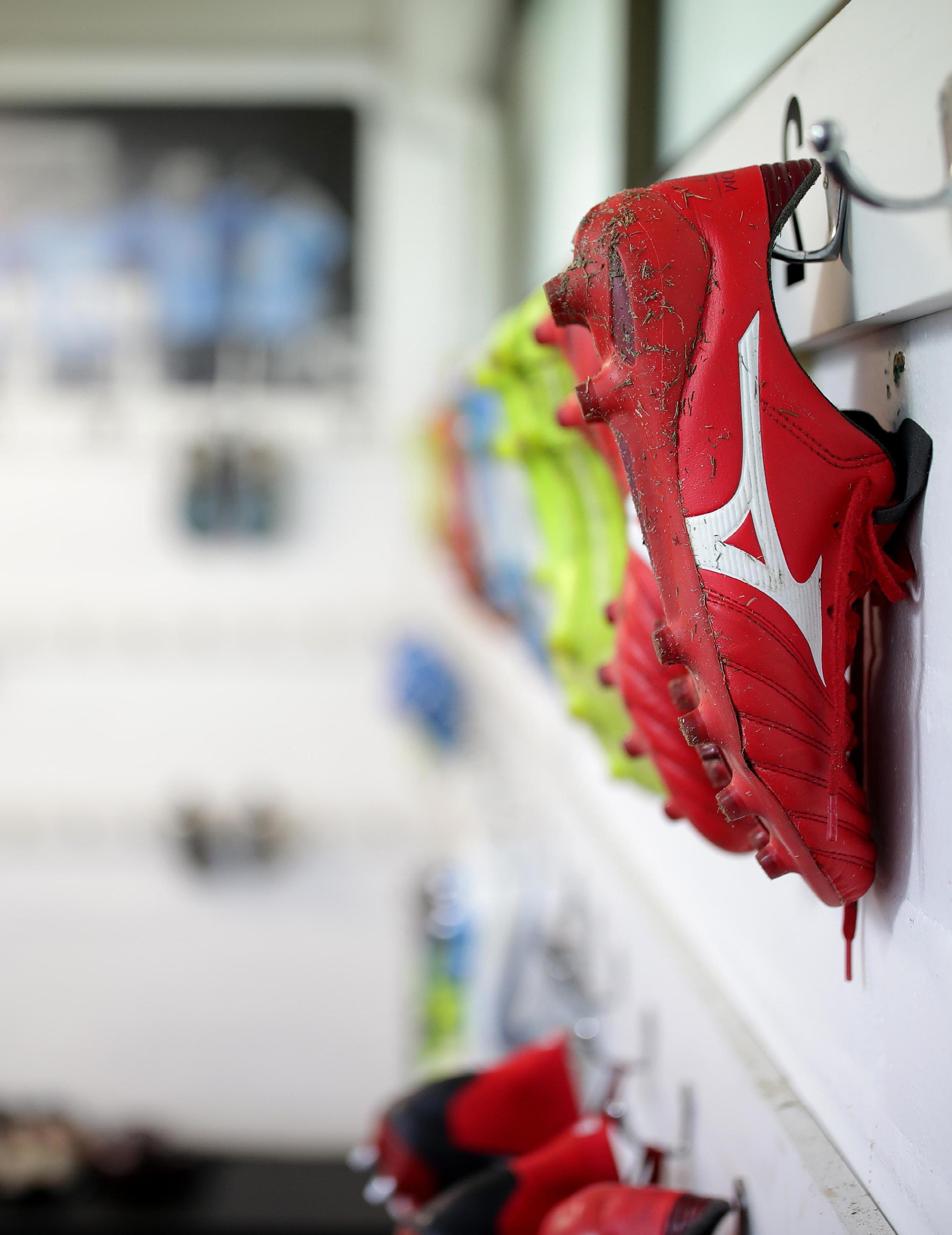
But before they can develop young players, the club needs identify them. McFlynn goes on to explain how Hudl is crucial in this process.
“We use video analysis to develop and recognise young players day-to-day at the club, it’s a very important tool in the initial phase of bringing a player to the club.
McFlynn and his management team use Hudl to view footage from leagues around the world, and are quick to outline its role in developing youth skill levels as a wider commercial objective for the club.
“That’s where our players will eventually want to end up, and as a business for us as a football club, the ability to monetize our talent is something that is very important to us.
“We feel it’s an important part of development, being able to benchmark ourselves across some of the best youth academies in the world.”
